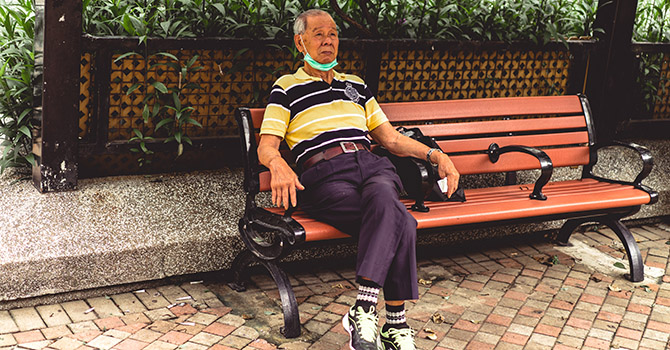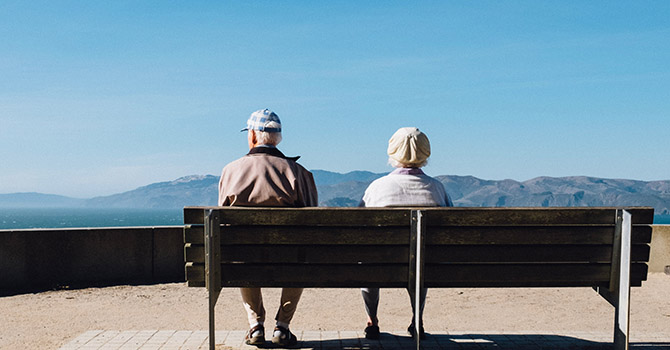
Many middle-aged adults wary of taking part in studies of dementia prevention drugs
New research from Michigan Public Health
Health providers could help by discussing the topic with patients, analysis of National Poll on Healthy Aging data suggests.
Applications are open for fall 2026!
Apply Today
Health providers could help by discussing the topic with patients, analysis of National Poll on Healthy Aging data suggests.

Prolonged loneliness in adults over 65 may be an important risk factor for accelerated memory aging, according to a new study led by University of Michigan School of Public Health researchers.

In June of this year, 56% of people over age 50 said they sometimes or often felt isolated from others—more than double the 27% who felt that way in a similar poll in 2018. Nearly half of those polled in June of this year also said they felt more isolated than they had just before the pandemic arrived in the United States and a third said they felt they had less companionship than before.

A University of Michigan study has found that older adults' regular visits to eateries such as fast food restaurants and coffee shops may be as protective of cognitive health as marriage. The work is published in the journal Health and Place.

Most people in their 50s and older were capable home cooks just before COVID-19 struck America, but only 5% had ordered groceries online, according to a new national poll.

Researchers from the University of Michigan are working on a study to determine the mental health impacts and well-being among older adults during the coronavirus pandemic. The COVID-19 Coping Study, an online survey of US adults ages 55 and older, highlights the complexities and layers in which the virus impacts our society—in ways that are more than just contracting the disease.